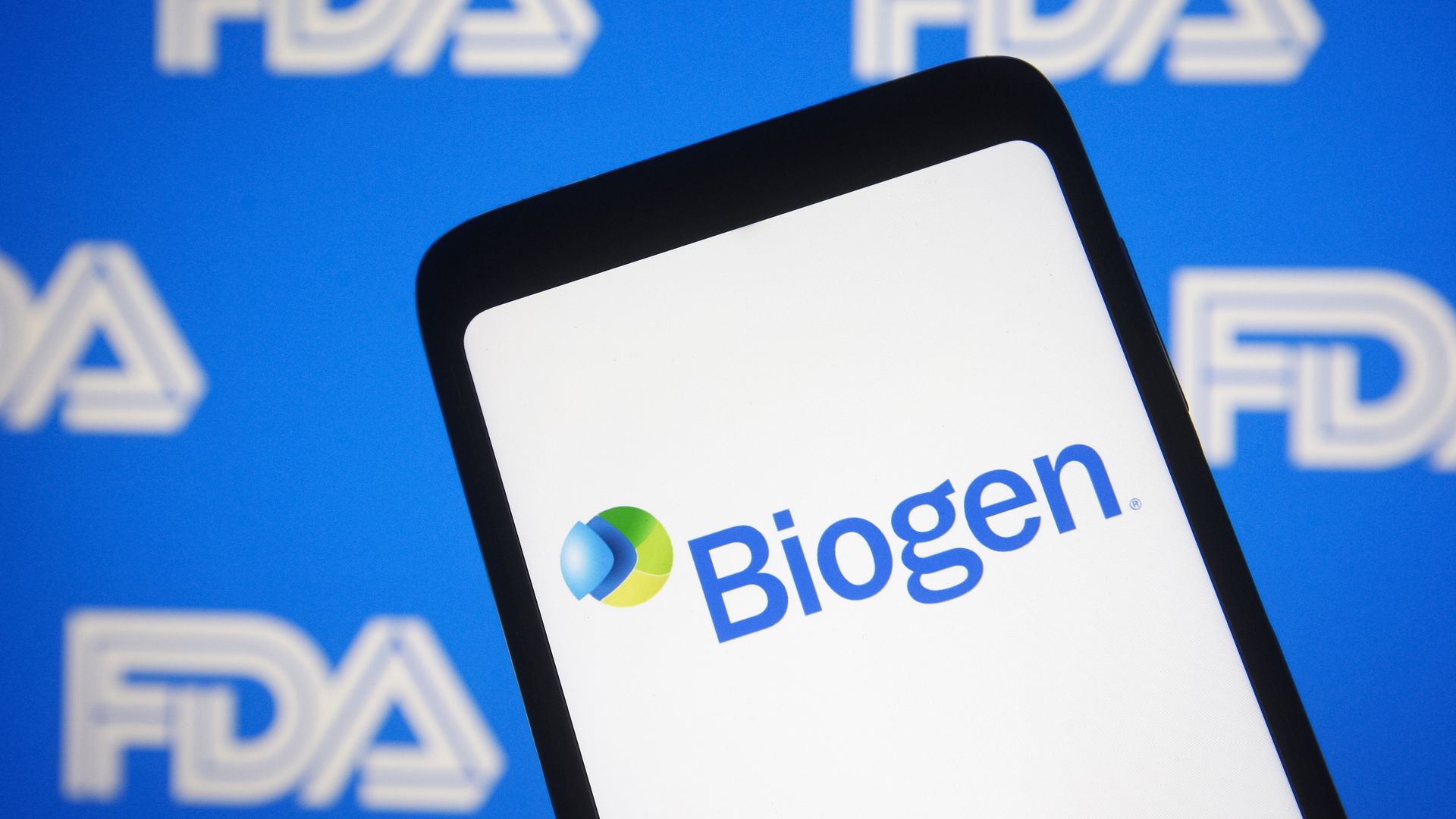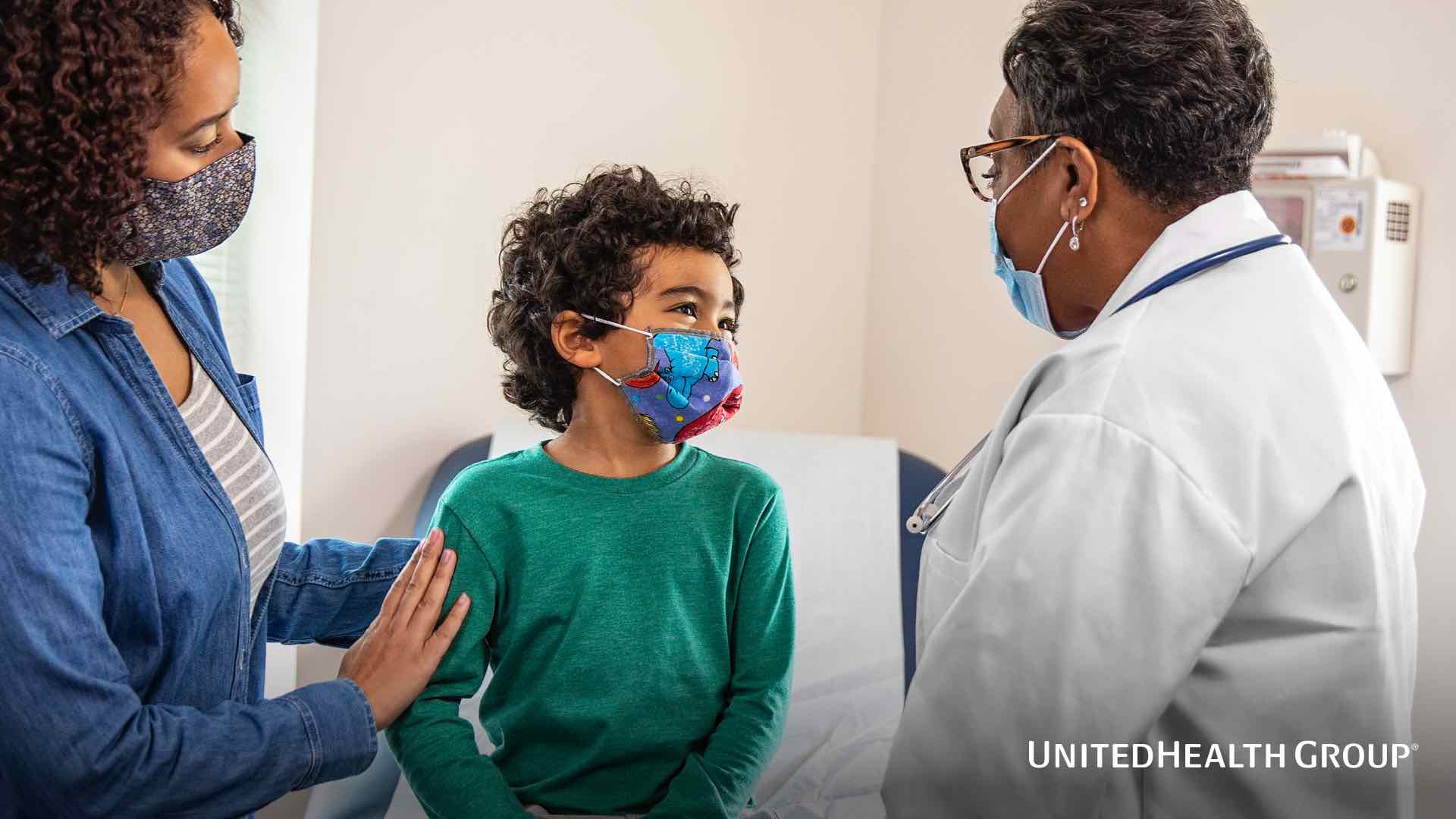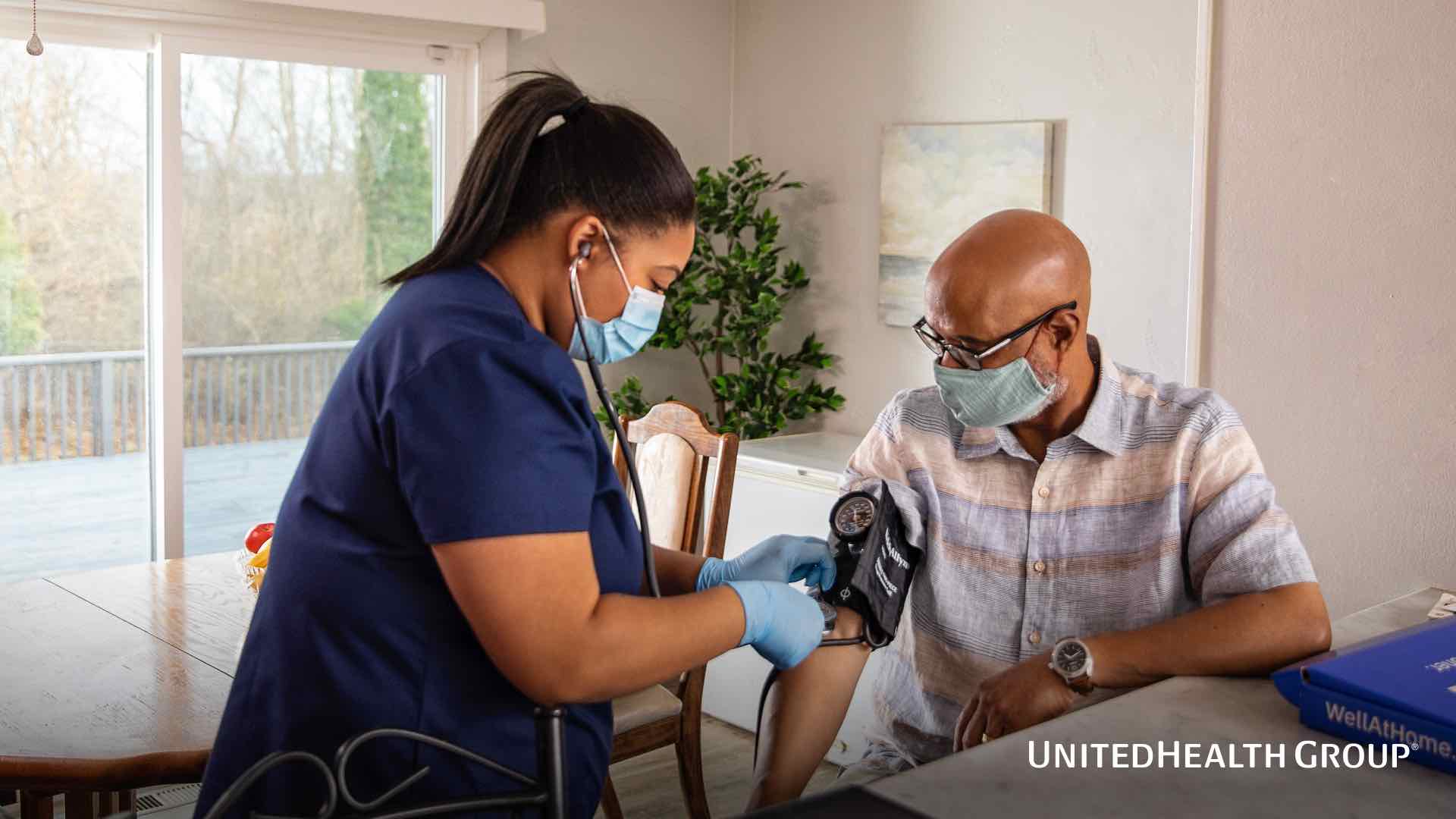| |
| |
| |
| Presented By UnitedHealth Group |
| |
| Axios Vitals |
| By Tina Reed ·Jun 29, 2021 |
| ☀️ Good morning. Today's newsletter is 788 words, or a 3-minute read. Situational awareness: The Biden administration released a new proposed rule that would create a new monthly special enrollment period for low-income people to sign up for Affordable Care Act plans. |
| |
| |
| 1 big thing: Acquisitions spiked amid the pandemic |
 Hospitals and corporations owned half of America's physician practices and employed nearly 70% of doctors by the end of 2020, according to a new analysis released by the Physicians Advocacy Institute. - The analysis, conducted by Avalere Health, found that there was a particularly sharp uptick in the number of physician practices owned by non-hospital corporations — like insurers or private equity firms — between January 2019 and January 2021.
Why it matters: The health care industry is becoming increasingly consolidated, which studies suggest will lead to higher prices, Axios' Caitlin Owens writes. By the numbers: More than 48,000 physicians left independent practice to become employed by hospitals or other companies — a 13% increase in the number of employed physicians, per the report. - The number of practices owned by hospitals or corporations increased by 21% over the two-year time period, the analysis found.
Between the lines: Private equity has been flocking to health care for years, and some private equity-owned providers made a name for themselves by being a frequent source of surprise medical bills. The bottom line: The pandemic's fiscal impact on doctors may have only reinforced or accelerated a trend that was already underway. Flashback: "The coronavirus is shriveling the businesses of doctors' practices, which serve as the home base for most patients," Axios' Bob Herman reported in April 2020. |
    |
| |
| |
| 2. 🇺🇸 Axios-Ipsos poll: Sparks back in July 4 |
 Data: Axios/Ipsos poll; Chart: Michelle McGhee/Axios Only four in 10 Americans say it's risky to attend a Fourth of July celebration this year — down almost half from a year ago — according to the latest installment of the Axios/Ipsos Coronavirus Index, Axios' Margaret Talev writes. - Yes, but: 84% of respondents said they're aware of the Delta variant of the virus, and of those, 72% say they're concerned about it.
Read more. |
    |
| |
| |
| 3. Aduhelm's backchannel route to approval |
 |
|
| Photo illustration: Pavlo Gonchar/SOPA Images/LightRocket via Getty Images |
| |
| When it looked like prospects for Biogen's drug candidate for Alzheimer's disease were dead, back in 2019, the company launched a secret campaign code-named "Project Onyx" to revive it, STAT News reports. Why it matters: A STAT investigation found Biogen leaned heavily on an "inside ally" within the FDA to support its ultimately successful bid for Aduhelm's approval earlier this month. |
    |
| |
| |
| A message from UnitedHealth Group |
| Helping to create a modern, high-performing health system |
| |
 |
| |
| UnitedHealth Group is committed to expanding access to high-quality, affordable care that achieves better outcomes and enhances the health care experience. We are partnering to advance health equity and support the communities where we work and live. Learn more in our Sustainability Report. |
| |
| |
| 4. Delta variant sparks new alarm in Israel |
| About half of the adults infected in Israel, amid an outbreak of the Delta variant, were fully vaccinated with the Pfizer shot, the Wall Street Journal reported. Why it matters: The Delta strain of the COVID-19 virus, which originated in India and appears more transmissible than other strains, is quickly becoming dominant around the world. - Scientists are watching closely to see if our best defense against the virus — vaccines — will stand up to the challenge.
Reality check: Breakthrough infections among the vaccinated still remain low. As one epidemiologist put it, the actual numbers behind this story may make it less alarming than it initially sounds. Separately, researchers have found that mixing different brands of COVID-19 vaccine can provide strong protection, and a third shot of the AstraZeneca vaccine produces a strong immune response. Do you have questions about the Delta variant? What about the future of boosters? We want to hear from you. Email tina.reed@axios.com. |
    |
| |
| |
| 5. A Hippocratic Oath for your AI doctor |
 |
|
| Illustration: Aïda Amer/Axios |
| |
| With the fast-growing use of AI in medicine, the World Health Organization is working to create a set of ethical standards for machine learning, Axios' Bryan Walsh reports. Why it matters: Health is one of the most promising areas of expansion for AI. But adding algorithms to health care will require that AI can follow the most basic rule of human medicine: "Do no harm" — and that won't be simple. My thought bubble: "Garbage in, garbage out." When algorithms use bad — or potentially biased — data, it can lead to garbage results. But when algorithms get it right, studies show they regularly outperform humans at many health care tasks. - Tech needs to be careful to consider those issues and ultimately give humans need the final word, health care experts have consistently warned.
WHO's principles include that humans — both clinicians and patients — remain the ultimate decision-makers in medicine, and that AI in health primarily "does no harm." - AI technologies — and those who design them — should be clearly accountable for patient outcomes and they should be designed to ensure they actually work in real-world conditions — not just in trials.
Go deeper. |
    |
| |
| |
| 6. Misinformation and the HPV vaccine |
 More than 25% of parents in 2019 who refused the human papillomavirus vaccine for their child cited concerns about safety or adverse effects, a study in JAMA Pediatrics shows. Why it matters: As Axios' Marisa Fernandez reports, this type of refusal greatly increased from 5% in 2008. It shows "disinformation campaigns aimed at hampering vaccine trust are thriving," the authors write. Share this story. |
    |
| |
| |
| A message from UnitedHealth Group |
| UnitedHealth Group's commitment to sustainability |
| |
 |
| |
At UnitedHealth Group, sustainability is an extension of our business strategy, culture and mission to: - Help create a modern, high-performing health system.
- Foster an inclusive and diverse culture.
- Maintain strong corporate governance.
- Minimize our environmental impact.
Learn more. |
| |
 | | It'll help you deliver employee communications more effectively. | | |









No comments:
Post a Comment